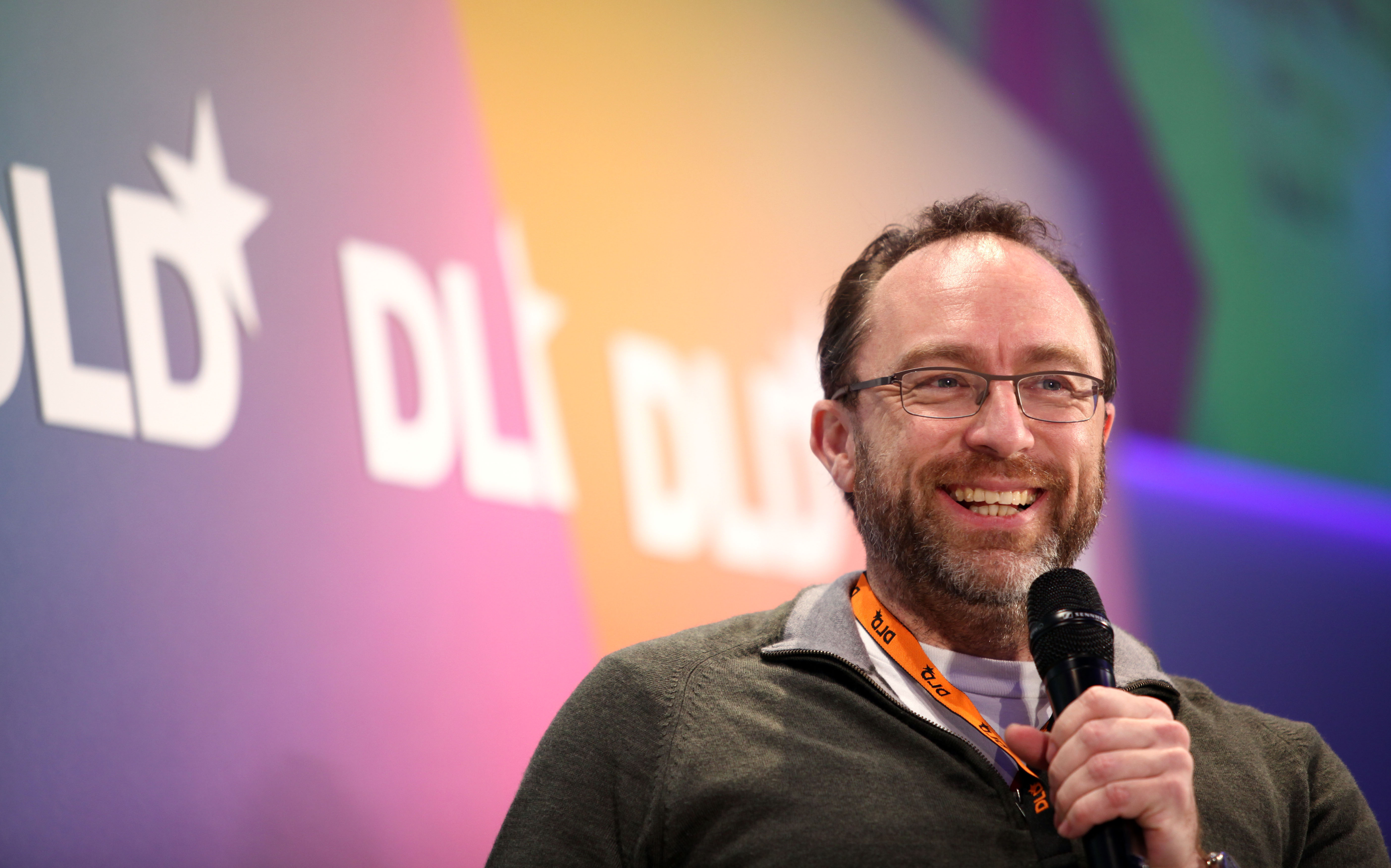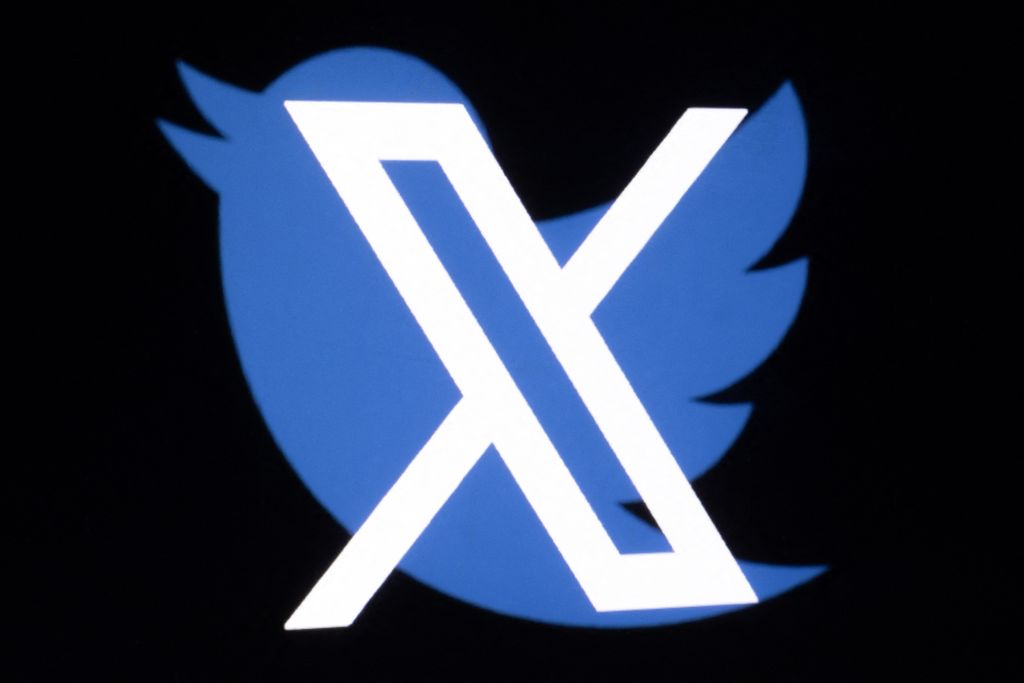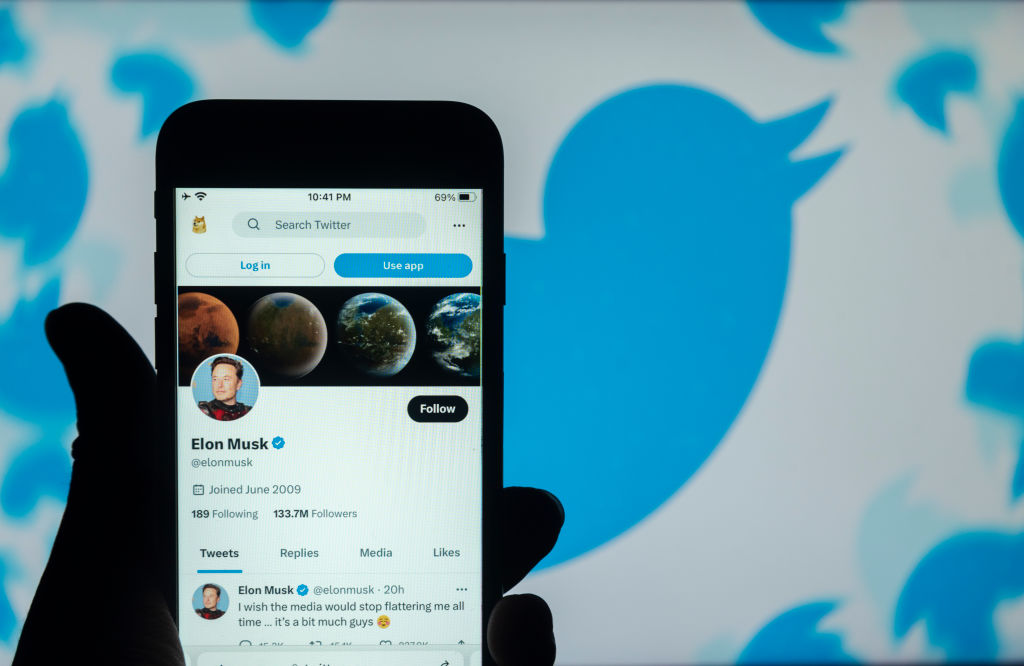WT:Social - Wikipedia co-founder’s ad-free Facebook rival explained
New social media network encourages high-quality discourse and content, but can it take on the web’s big guns?

A free daily email with the biggest news stories of the day – and the best features from TheWeek.com
You are now subscribed
Your newsletter sign-up was successful
Wikipedia co-founder Jimmy Wales has launched a new social media platform that proclaims to be the antithesis of industry giants Facebook and Twitter.
Called WT:Social, it allows people to post massages and share articles akin to its rivals, but promises never to share user information with third-party companies.
Although the network has nothing to do with Wikipedia, Wales has adopted the online encyclopaedia’s business model, according to the Financial Times. It means the platform can operate exclusively through user donations as opposed to advertising deals.
The Week
Escape your echo chamber. Get the facts behind the news, plus analysis from multiple perspectives.

Sign up for The Week's Free Newsletters
From our morning news briefing to a weekly Good News Newsletter, get the best of The Week delivered directly to your inbox.
From our morning news briefing to a weekly Good News Newsletter, get the best of The Week delivered directly to your inbox.
Wales believes that the model encourages better user posts, as “problematic” ad-driven websites such as those of today’s social media giants usually means “low-quality content” gets promoted, the FT reports.
It’s certainly an unconventional approach to running a social media platform, but some question whether it will be enough for WT:Social to challenge the likes of Facebook and Twitter.
What is WT:Social?
In short, WT:Social is an ad-free social networking platform that encourages high-quality content and discourse, in a bid to combat the spread of disinformation and hate speech.
A free daily email with the biggest news stories of the day – and the best features from TheWeek.com
WT:Social, where the WT serves as a nod to the now defunct fact-checking service WikiTribune, hails itself as a platform that can “empower you to make your own choices about what content you are served, and to directly edit misleading headlines, or flag problem posts”.
The site also says that it will “foster an environment where bad actors are removed because it is right, not because it suddenly affects our bottom-line.”
It also promises to not sell personal data to third-parties, a practice that came to light in the Cambridge Analytica scandal last year.
Instead, WT:Social will ask users to either donate to the service – but they’ll be put on to a waiting list to sign up – or gain instant access by paying a monthly subscription fee, the BBC notes.
“Facebook, Twitter and other social networks make revenue based on how long you stay on their site looking at and clicking on advertising,” said Wales in a blog post. “Engagement is prioritised over quality.”
“Our goal is not clicks but actually being meaningful to your life”, he adds.
The approach is already proving to be popular. Wales announced on Sunday that the site had already amassed 160,000 members, double the amount that had been recorded two days previously.
Can it take on today’s social media behemoths?
Perhaps. The website’s promise to encourage high-quality conversation is bold, but one that could prove to be popular among users looking for a break from the controversies of today’s social networks.
“It’s easy to see why some people would want to ditch Facebook and Twitter,” says Big Think. In 2019 alone, Facebook has taken down around 5.4 billion fake accounts, while Twitter removed thousands of profiles in September for spreading fake political information.
WT:Social may, therefore, be seen as “a healthier alternative”, the website says. Not only will it benefit from donations, but the ability for community members to edit articles on the site and “theoretically” tweak headlines provides “unique protection” against the threat of fake news.
Forbes, meanwhile, says the social platform can survive against the likes Facebook and Twitter, but only if it can build a community and deliver on its promise to promote high-quality content.
“People won’t use it because it is WT:Social,” the news site says. “They will use it because it becomes a regular drip-feed of news that presents an objective view of the story. This will gradually build usage and eventually become a powerful place to find news.”
However, social media consultant Zoe Cairns told the BBC that WT:Social will need “a lot of money ploughed into it” to become a viable competitor in the social networking world.
“People are so used to social media being free,” she said. “I think businesses might pay for it, but people are so used to having news at their fingertips for free.”
-
 Political cartoons for February 16
Political cartoons for February 16Cartoons Monday’s political cartoons include President's Day, a valentine from the Epstein files, and more
-
 Regent Hong Kong: a tranquil haven with a prime waterfront spot
Regent Hong Kong: a tranquil haven with a prime waterfront spotThe Week Recommends The trendy hotel recently underwent an extensive two-year revamp
-
 The problem with diagnosing profound autism
The problem with diagnosing profound autismThe Explainer Experts are reconsidering the idea of autism as a spectrum, which could impact diagnoses and policy making for the condition
-
 Why Reddit is going public
Why Reddit is going publicThe Explainer The 'front page of the internet' is facing criticism for the decision as well as its valuation
-
 Elon Musk overshadows his own Cybertruck rollout
Elon Musk overshadows his own Cybertruck rolloutTalking Point The X owner's latest bizarre public appearance and incendiary comments threaten to derail the 'biggest product launch of anything by far on Earth this year'
-
 Elon Musk to X's fleeing advertisers: 'Go f--- yourself' and 'don't advertise'
Elon Musk to X's fleeing advertisers: 'Go f--- yourself' and 'don't advertise'Speed Read 'What this advertising boycott is going to do is to kill the company,' Musk said at a public conference
-
 Elon Musk kills the bird
Elon Musk kills the birdfeature Is X a necessary evil or more of an expensive mistake?
-
 Threads: Meta's Twitter clone gains a foothold
Threads: Meta's Twitter clone gains a footholdfeature The competition to usurp Twitter is heating up
-
 Can Linda Yaccarino save Twitter?
Can Linda Yaccarino save Twitter?feature The new CEO is taking on a near-impossible job
-
 Twitter: how are the company’s finances?
Twitter: how are the company’s finances?feature Elon Musk says Twitter is ‘breaking even’ but industry experts have slashed ad revenue projections
-
 Elon Musk: Remaking Twitter in his own image
Elon Musk: Remaking Twitter in his own imagefeature Why the blue checkmark has lost its value